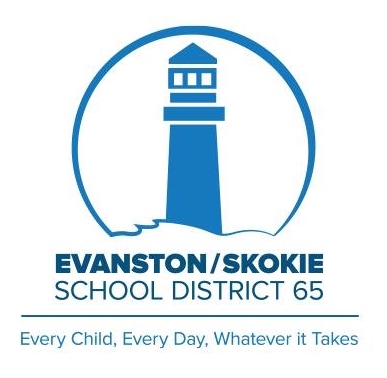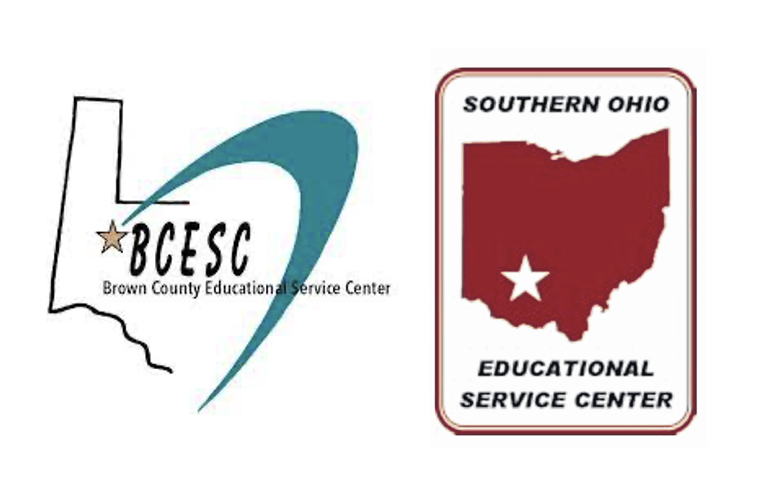Success Stories
Read how BloomBoard works with K–12 organizations to implement innovative programs that prepare, advance, and retain great teachers.
Hernando County School District, Florida
An Innovative Approach to Tackling the Teacher Shortage
Hernando County’s Associate Teacher Substitute program provides the district’s long-term substitutes the opportunity to earn an on-the-job Bachelor’s Degree in Education at no cost to them. Learn how this innovative approach is helping Hernando reduce barriers to teaching and fill instructional vacancies.
Capital Area Intermediate Unit 15
Transforming Teacher Education in Pennsylvania
Learn how Capital Area Intermediate Unit 15 is tackling the Pennsylvania teacher shortage head on with the Capital Area Pathways to Teaching Program. Thanks to this innovative program, over 50 future educators (and more to come) are on the path to fill critical classroom vacancies by earning their education degrees and certifications on the job.
Evanston/Skokie School District 65
Tackling the Teacher Shortage Through Apprenticeship
Waterbury Public Schools
Addressing Teacher Advancement and Retention
Find out how Waterbury Public Schools in Connecticut is partnering with BloomBoard and leveraging Covid relief funds to offer free, on-the-job college-credit courses for up to 800 current staffers. Through their Waterbury U initiative, the district aims to provide teachers with deeper, more meaningful professional learning while improving teacher retention.
Brown County ESC and Southern Ohio ESC
A Service Center-Driven Approach to Teacher Development & Advancement
Learn how two educational service centers in Ohio partnered with BloomBoard to co-create a teacher development and advancement program for their member school districts. Their solution not only saves time in developing PD programming, but also yields incredible benefits for their teachers and staff.





